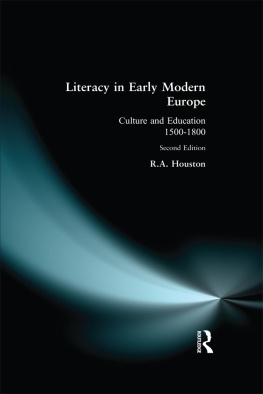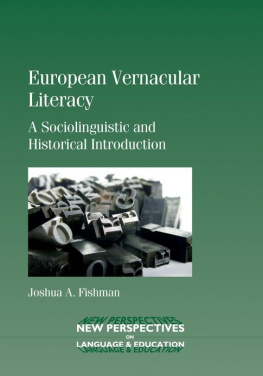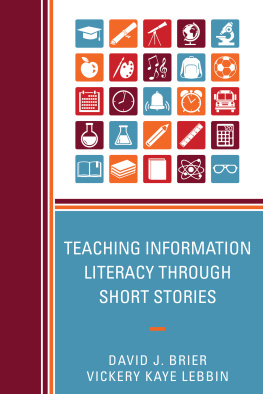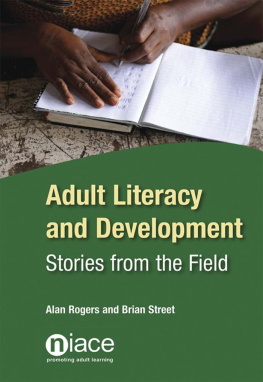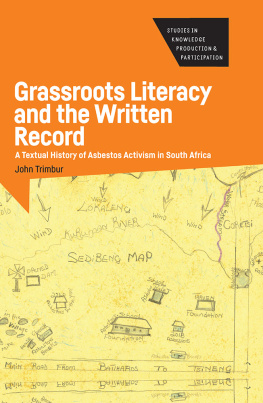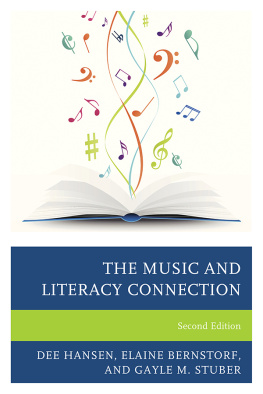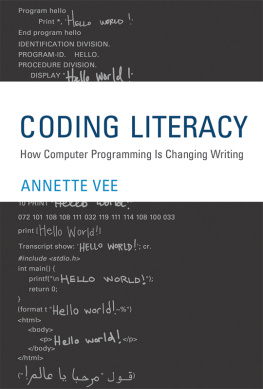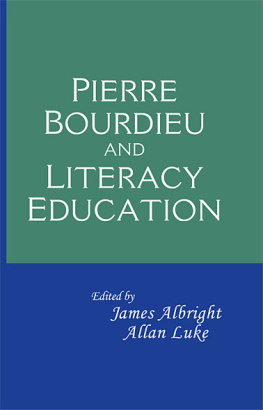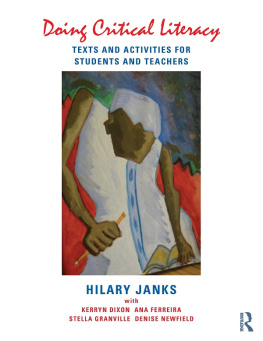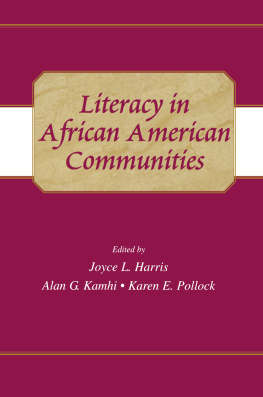Literacy, Power, and Democracy in Mozambique
Conflict and Social Change Series
Series Editors
Scott Whiteford and William Derman
Michigan State University
Literacy, Power, and Democracy in Mozambique: The Governance of Learning from Colonization to the Present, Judith Marshall
Computing Myths, Class Realities: An Ethnography of Technology and Working People in Sheffield, England, David Hakken with Barbara Andrews
The Culture of Protest: Religious Activism and the U.S. Sanctuary Movement, Susan Bibler Coutin
Gender, Sickness, and Healing in Rural Egypt: Ethnography in Historical Context, Soheir A. Morsy
Life Is a Little Better: Redistribution as a Development Strategy in Nadur Village, Kerala, Richard W. Franke
igame! igame! Struggle and Social Change in a Nicaraguan Urban Community, Michael James Higgins and Tanya Leigh Coen
Manufacturing Against the Odds: Small-Scale Producers in an Andean City, Hans C. Buechler and Judith-Maria Buechler
The Bushman Myth: The Making of a Namibian Underclass, Robert J. Gordon
Surviving Drought and Development: Ariaal Pastoralists of Northern Kenya, Elliot Fratkin
Harvest of Want: Hunger and Food Security in Central America and Mexico, edited by Scott Whiteford and Anne E. Ferguson
Singing with Sai Baba: The Politics of Revitalization in Trinidad, Morton Klass
The Spiral Road: Change in a Chinese Village Through the Eyes of a Communist Party Leader, Huang Shu-min
FORTHCOMING
I Am Destroying the Land! The Political Ecology of Poverty and Environmental Destruction in Honduras, Susan C. Stonich
The Myth of the Male Breadwinner: Women and Industrialization in the Caribbean, Helen I. Safa
First published 1993 by Westview Press
Published 2018 by Routledge
52 Vanderbilt Avenue, New York, NY 10017
2 Park Square, Milton Park, Abingdon, Oxon OX14 4RN
Routledge is an imprint of the Taylor & Francis Group, an informa business
Copyright 1993 by Taylor & Francis
All rights reserved. No part of this book may be reprinted or reproduced or utilised in any form or by any electronic, mechanical, or other means, now known or hereafter invented, including photocopying and recording, or in any information storage or retrieval system, without permission in writing from the publishers.
Notice:
Product or corporate names may be trademarks or registered trademarks, and are used only for identification and explanation without intent to infringe.
Library of Congress Cataloging-in-Publication Data
Marshall, Judith, 1942
Literacy, power and democracy in Mozambique : the governance of
learning from colonization to the present / by Judith Marshall.
p. cm.(Conflict and social change series)
Includes bibliographical references.
ISBN 0-8133-8140-1
1. LiteracySocial aspectsMozambiqueHistory20th century.
2. LiteracyPolitical aspectsMozambiqueHistory20th century.
3. Literacy programsMozambiqueHistory20th century.
I. Series.
LC158.M85M371993
302.22449679dc20
92-47018
CIP
ISBN 13: 978-0-367-01608-1 (hbk)
To the women and men in Mozambique whose lives, struggles and dreams I shared -- working to build peoples power and dismantle apartheid.
| ABE | Adult Basic Education |
| AIM | Mozambique Information Agency |
| CEP | Popular Education Collectives |
| CFM | Mozambique Railway |
| CIM | Matola Industrial Company |
| DNAEA | National Directorate of Literacy and Adult Education |
| DNEA | National Directorate of Adult Education |
| DPSEM | Provincial Directorate of Statistical Services for Mozambique (colonial period) |
| FRELIMO | Mozambique Liberation Front |
| GD | Dynamizing Group |
| IMF | International Monetary Fund |
| INDE | National Institute for the Development of Education |
| KIEC | Kurasini International Education Centre |
| MONAP | Mozambique Nordic Agricultural Programme |
| NES | National Education System |
| NESAM | Nucleus of Mozambican Secondary Students |
| OMM | Mozambican Womens Organization |
| OTM | Mozambican Workers Organization |
| OJM | Mozambican Youth Organization |
| ONP | Mozambican Teachers Organization |
| PRE | Economic Recovery Programme |
| PRES | Social and Economic Recovery Programme |
| RENAMO | Mozambican National Resistance |
| SEE | External Education Service |
| SDA | Social Dimensions of Adjustment |
| UDRA | Food Branch Management Unit |
| UNEMO | Union of Mozambican Students |
| WENELA | Witwatersrand Native Labour Association |
This study explores the relations between literacy and peoples power in the context of Mozambiques project of socialist construction. It analyzes the meanings and practices of literacy for women and men in a factory setting through an ethnography of Matola Industrial Company (CIM). Literacy is understood not simply as language skills, but as the complex interplay of language meanings and practices based as much on class, race and gender as on grammar and syntax. Literacy is also understood as integrally related to state formation.
Three historical chapters explore how the CIM workers brought to the classroom social constructions of schooling, of the power of literacy, and of themselves as legitimate -- or illegitimate -- users of language(s) and bearers of knowledge. These constructions were shaped under Portuguese colonialism, where schooling was signalled as the way to bridge the distance between savage and civilized but which worked to create failure instead. A radical recasting of what it meant to be illiterate emerged in the liberated areas and in the vibrant literacy movement at independence. National literacy campaigns after 1978 further broadened access to schooling but showed a growing tendency to formalization and bureaucratization. The illiterate again became an administrative category whose deficiencies needed remedying rather than the fundamental resources for socialist construction.
reflects on these experiences of literacy as indicative of fundamental problems in the broader process of socialist reconstruction, and points to contemporary signs of a renewed pedagogy of empowerment.
Judith Marshall
This study of the relations between literacy, peoples power and state formation in Mozambique emerges from an association with the Frelimo Party and the struggle of the Mozambican people over the past two decades. The contrast between the hope and promise of Mozambique during my first visit as Oxfam-Canada representative just after independence in 1976 and the devastation today would be hard to overstate. The apartheid regime has orchestrated a slow destruction extending to every rural district, every point of economic infrastructure, and every basic service. The shallow roots of the socialist culture in the making have not stood up well to the onslaught.



